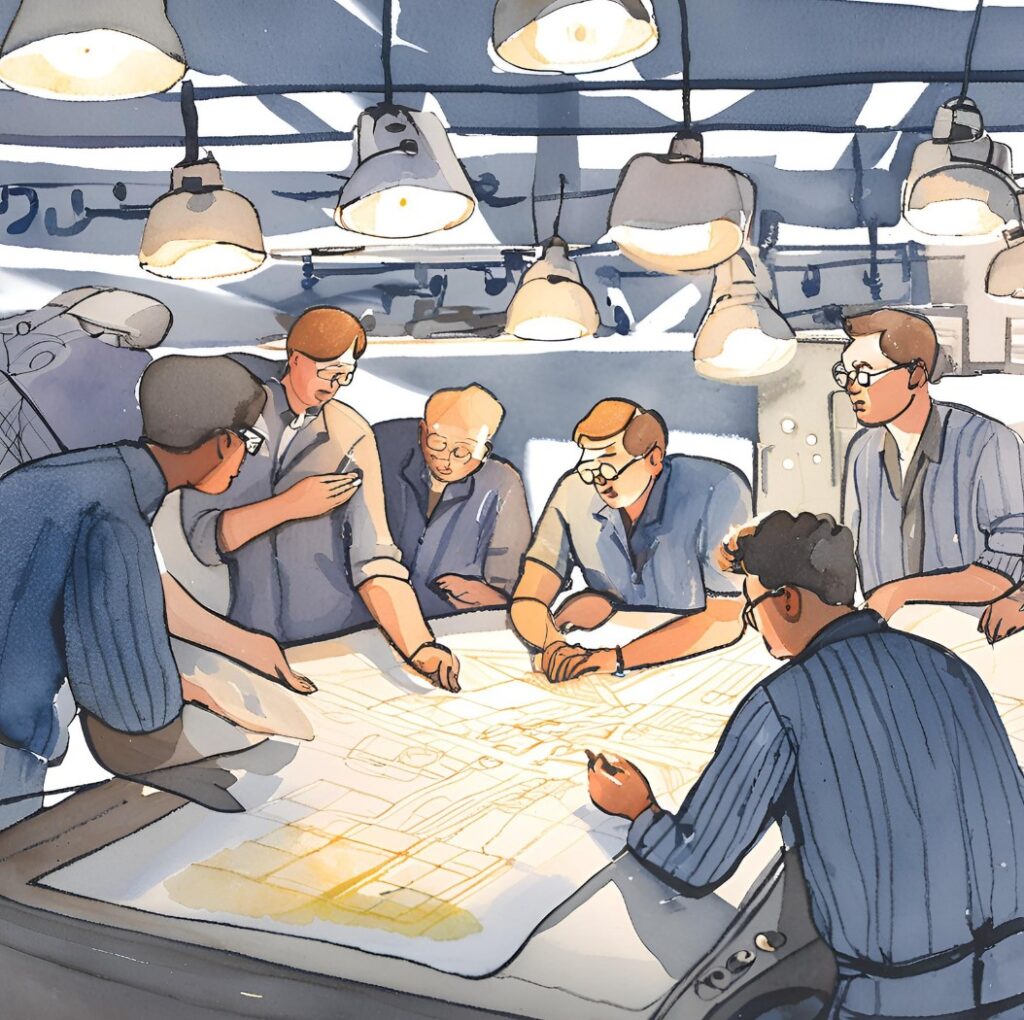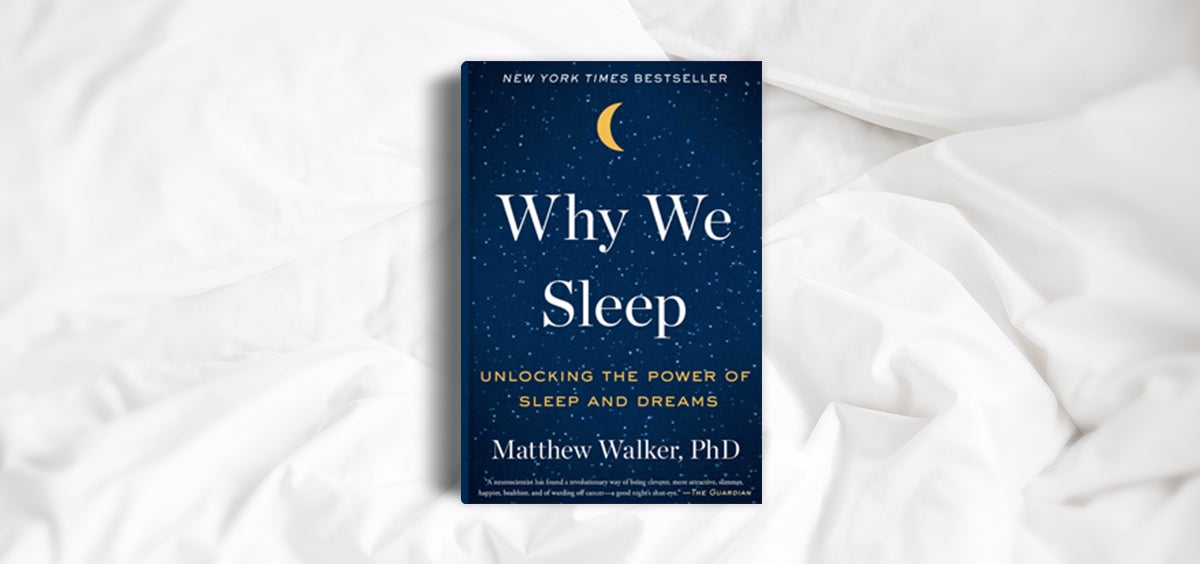Elon Musk’s journey with Tesla is the epitome of how “Founder Mode” as highlighted in a recent talk by Brian Chesky, can defy traditional management wisdom and lead to remarkable success. From chaotic beginnings to becoming one of the world’s most valuable companies, Musk’s hands-on, visionary approach is a blueprint for founders seeking to scale their startups without losing the essence that makes them unique.

Vision Over Process
Musk’s story at Tesla demonstrates the power of a founder’s vision and relentless involvement in every detail. Early on, Tesla was dependent on outsourced parts, a strategy that Musk was determined to change. He believed that controlling the entire manufacturing process was crucial. Musk famously said, “The brain strain of designing the car is tiny compared to the brain strain of designing the factory”(Elon Musk by Walter Isaacson). This philosophy transformed Tesla, enabling the company to innovate continuously and vertically integrate production, a move that traditional automakers had largely abandoned.
As Walter Isaacson describes in Elon Musk, Musk’s obsession with detail was unparalleled. He once insisted on electric door handles for the Roadster, even though his team argued it wouldn’t increase sales. But Musk knew that creating a “magic” user experience was more important than saving costs on minor details. This approach, while often viewed as micromanagement, was critical to Tesla’s identity and success.
Radical Accountability
Unlike traditional CEOs who rely on direct reports to handle operations, Musk took personal responsibility for everything that happened at Tesla. In 2008, as the company teetered on the edge of bankruptcy, Musk didn’t hesitate to dip into customer deposits to keep Tesla afloat, knowing it was a risky but necessary move. This willingness to bear the weight of every decision is a hallmark of Founder Mode.
During production challenges in 2018, Musk didn’t shy away from the factory floor. He even camped out in a tent on the roof of Tesla’s Nevada factory to oversee operations. His insistence on being present and leading by example is a key lesson for founders: being deeply involved, especially during crises, shows your team that you’re committed to the vision, no matter the odds.
Bold Decisions, Bold Results
Musk’s boldness also extends to the way he handles setbacks. In 2009, as Tesla faced cash shortages, Musk secured a $50 million investment from Daimler, which kept the company alive. Unlike traditional managers who may focus on incremental growth, Musk constantly pushes for revolutionary leaps, such as his decision to build the world’s largest battery factory, the Gigafactory, despite having no experience in battery production.
This audacity is a cornerstone of Founder Mode: believing in the impossible and executing against all odds. Musk’s ability to “walk to the red,” a practice where he personally inspected and fixed bottlenecks on the assembly line, reflects his dedication to perfection at every level.
Lessons for Founders
Elon Musk’s story is not just about cars or rockets; it’s about how founders can scale their startups without losing their original drive and vision. Musk’s approach teaches us several key lessons:
- Obsess Over the Product: Don’t delegate the soul of your company. Be involved in the details that define your product’s identity, even if it seems trivial to others.
- Take Extreme Ownership: When your company is on the line, take charge. Don’t rely solely on others to fix problems, especially in times of crisis.
- Think Big, Act Bold: Don’t be afraid to pursue grand visions, even if the world thinks you’re crazy. As Musk showed with the Gigafactory, taking calculated risks can yield massive rewards.
- Lead by Example: Your team will follow your lead if you’re willing to be on the frontlines with them, solving problems together.
Founder Mode isn’t easy, but as Elon Musk’s journey shows, it’s a path that can lead to extraordinary results. For entrepreneurs scaling their startups, the lessons from Musk’s Tesla saga are clear: stay true to your vision, take bold risks, and never stop being the relentless founder who got your company off the ground.




